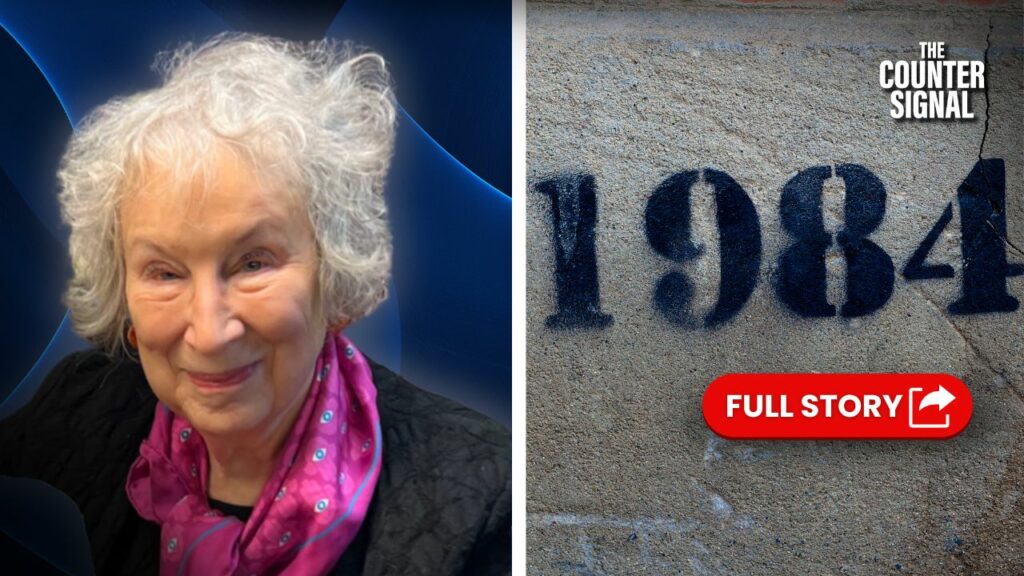Canadian author Margaret Atwood said she believes Bill C-63 is so concerning that she even compared it to George Orwell’s dystopian novel 1984.

The environmental activist, feminist, and author, Margaret Atwood slammed the Liberals’ “Online Harms Bill” in a social media post.
Atwood called the bill “Trudeau’s Orwellian online harms bill” and stated “if this account of the bill is true, it’s Lettres de Cachet all over again, referring to letters signed by the King of France granting him absolute authority.
If this account of the bill is true, it’s Lettres de Cachet all over again. The possibilities for revenge false accusations + thoughtcrime stuff are sooo inviting! Trudeau’s Orwellian online harms bill https://t.co/GziivgfNGt
— Margaret E Atwood (@MargaretAtwood) March 9, 2024
“The possibilities for revenge, false accusations + thoughtcrime stuff are sooo inviting!” she added.
Following Atwood’s comments, Liberal Justice Minister Arif Virani – who proposed the bill – said that she’s misinterpreting it.
“It includes expressions of detestation and vilification. It does not include insults, offensive comments, or jokes that are not very polite,” he said.
He further added that “the idea that someone on their smartphone on an afternoon while they’re watching a football game, if they insult anyone … could be condemned in a court or caught by a peace bond is ridiculous, in my opinion.”
On Tuesday, Canadian psychologist Jordan Pederson, who’s already expressed shock and disapproval at the bill, responded to Atwood’s comments, stating: “If even the mother of the progressive feminists in Canada thinks that Bill C-63 is dangerous then perhaps the rest of us might think twice as well.”
The Online Harms Bill
Bill C-63 was created to combat online hate, and protect children from viewing adult content online according to the Liberals.
If an individual expresses hate speech, they could face penalties up to $20,000 if found guilty, and even “pay a penalty of not more than $50,000 to the Receiver General, if the member or panel considers it appropriate…”
But Canadians have expressed confusion over what constitutes “hate.”
Conservative leader Pierre Poilievre condemned the Bill, stating “What does Justin Trudeau mean when he says the words ‘hate speech’? He means the speech he hates.”
Trudeau later commented that Bill C-63 is “very specifically focused on protecting kids and not on censoring the internet.”







